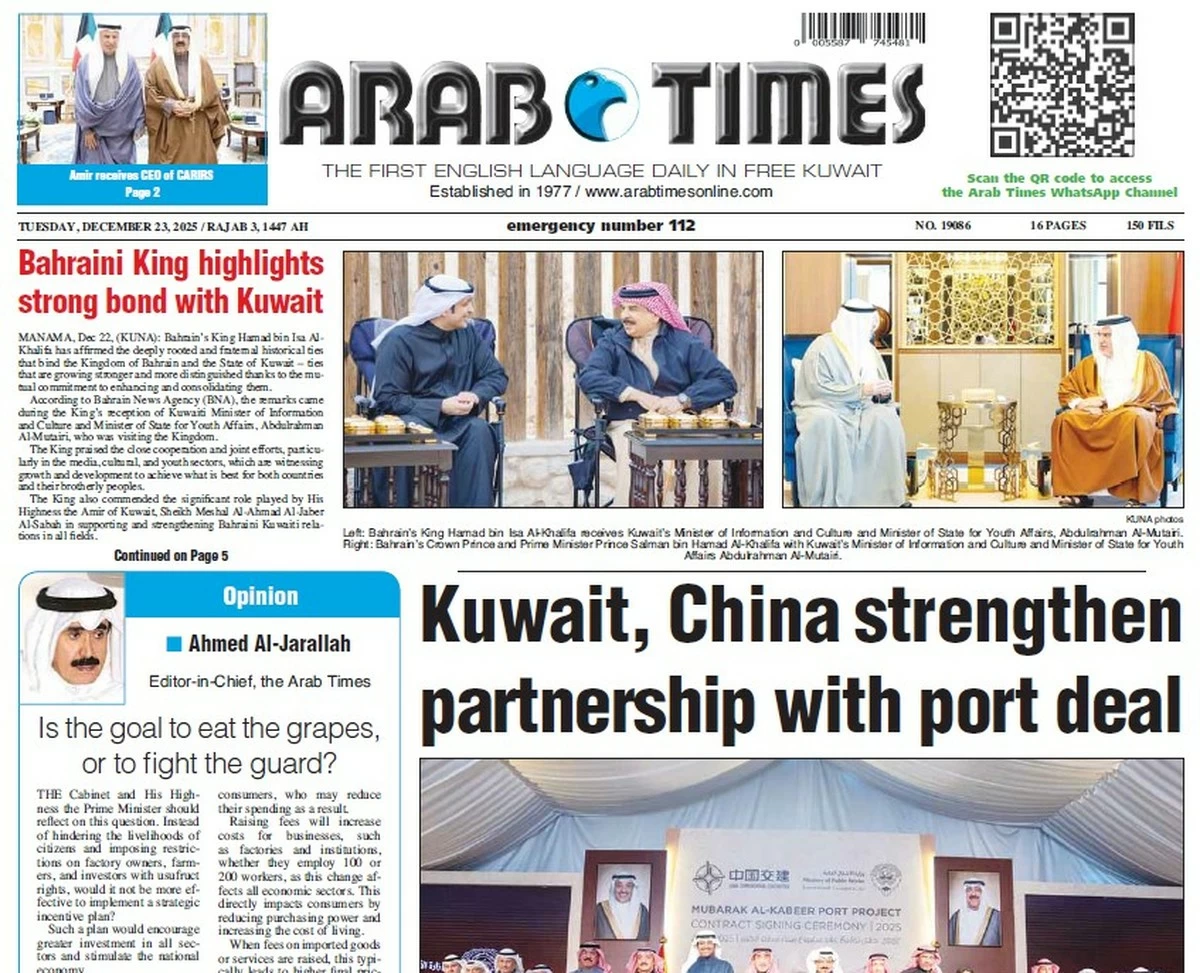28/11/2025
28/11/2025
Despite restructuring efforts, the airline continues to post losses amid shrinking routes, declining regional competitiveness, and a weakened international presence. Similar patterns appear in public transportation, healthcare insurance systems, livestock services, public facilities and tourism projects. Even ongoing initiatives face structural flaws that raise doubts about execution rather than intent. The recently announced “Kuwait Storage Company” seems to repeat the longstanding habit of creating new state entities instead of addressing deeper systemic problems. Meanwhile, official statements frequently reference “structural reforms,” “transformative change,” and “surges in foreign investment.” Yet the economic indicators tell a different story. Kuwait remains the lowest in the Gulf in capital expenditure and foreign investment inflows, and no publicly accessible data suggests any meaningful improvement in the investment climate.
Optimism, detached from measurable progress, risks widening the gap between rhetoric and reality and heightening public frustration. International experience shows that well-designed privatization and public-private partnerships deliver far better outcomes than direct state management. The UAE and Saudi Arabia offer instructive examples: public utilities transformed into competitive corporations, increased efficiency and market value, and higher state returns from smaller ownership stakes. Kuwait would benefit from rebuilding trust with the private sector and establishing transparent, fair partnerships. Even scientific laboratories operate with rigorous methodology, documentation and continuous evaluation. If experiments on mice and primates require disciplined frameworks to minimize error, how can an entire state apparatus function with anything less



